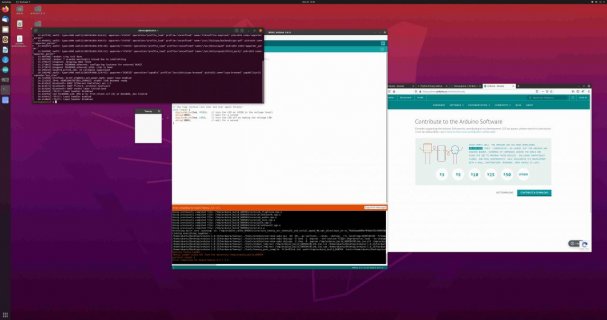Here is a second beta test for Teensyduino 1.54.
Edit: Links removed. Please use 1.54-beta9
https://forum.pjrc.com/threads/67252-Teensyduino-1-54-Beta-9
Changes since Teensyduino 1.54-beta1:
Fix 1.54-beta1 startup problem on Teensy 4.1
EEPROM put/get handle String and warn for incompatible classes (luni64)
Add _extram_start & _extram_end for Teensy 4.1
Update Bounce2
Edit: Links removed. Please use 1.54-beta9
https://forum.pjrc.com/threads/67252-Teensyduino-1-54-Beta-9
Changes since Teensyduino 1.54-beta1:
Fix 1.54-beta1 startup problem on Teensy 4.1
EEPROM put/get handle String and warn for incompatible classes (luni64)
Add _extram_start & _extram_end for Teensy 4.1
Update Bounce2


